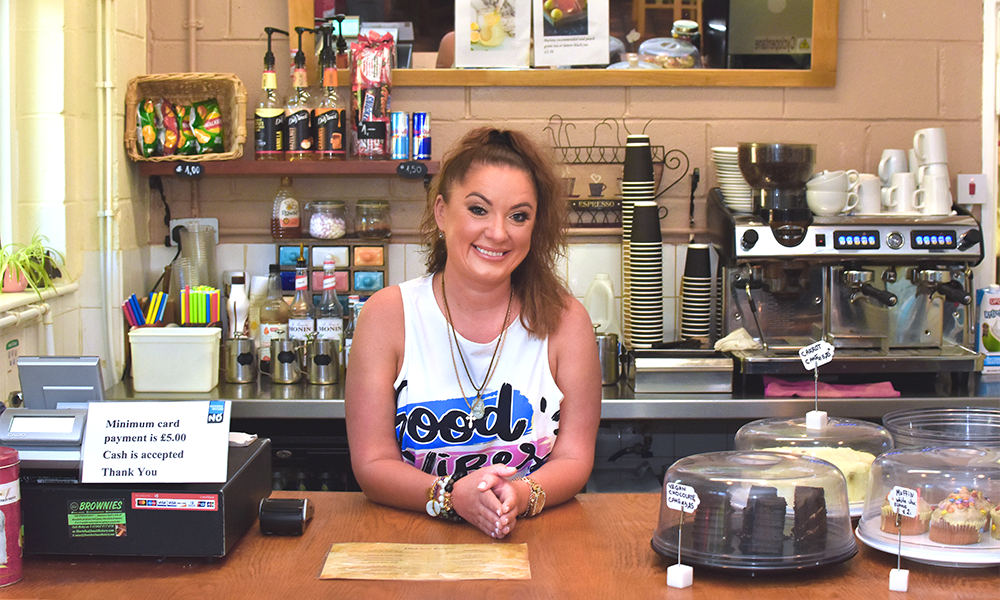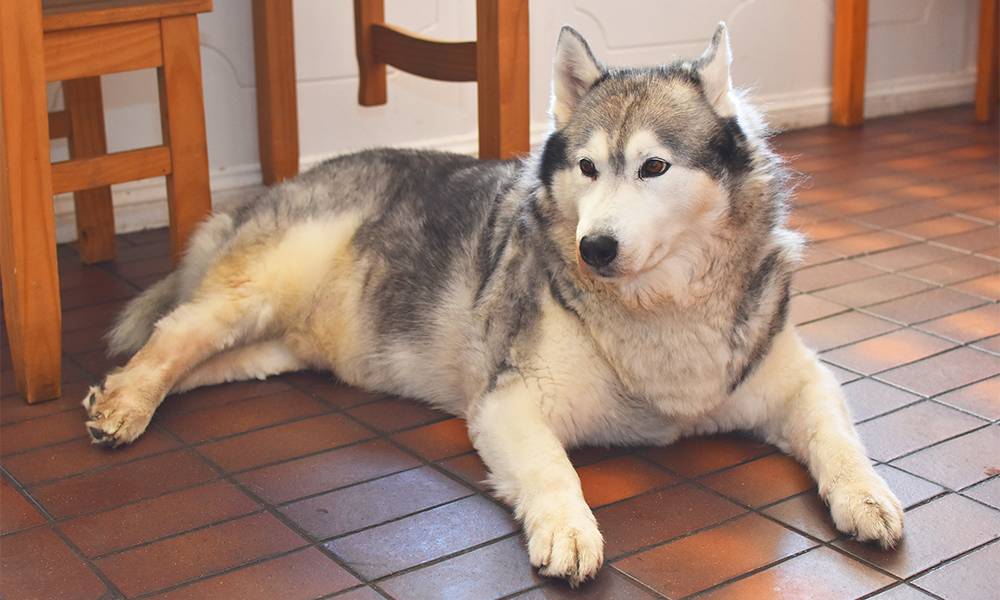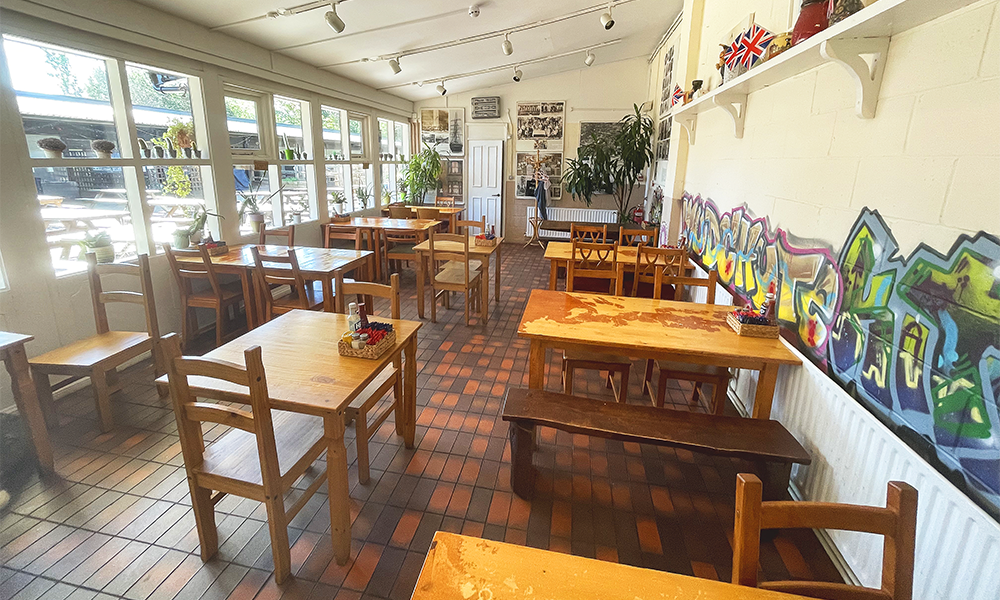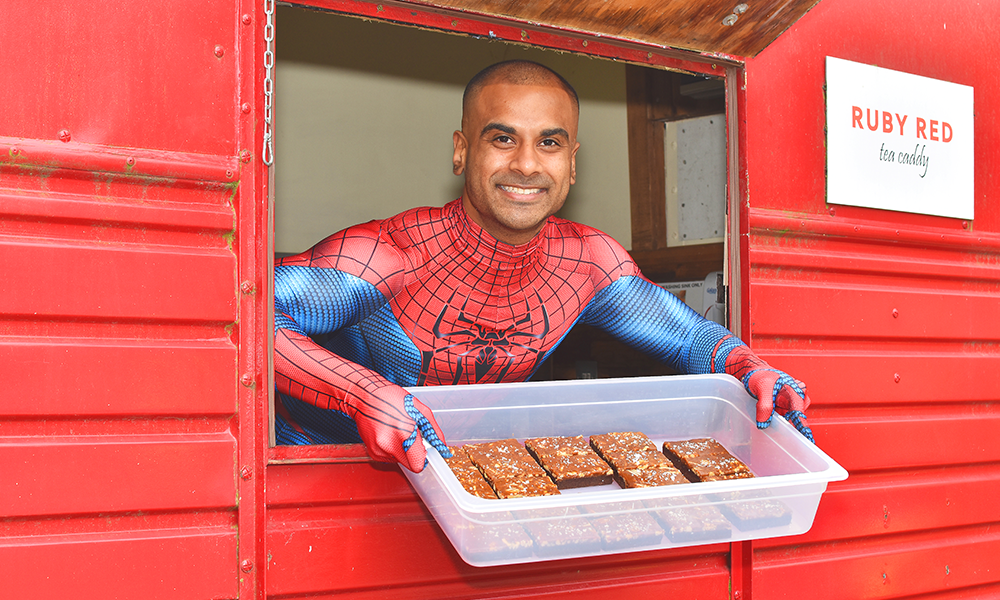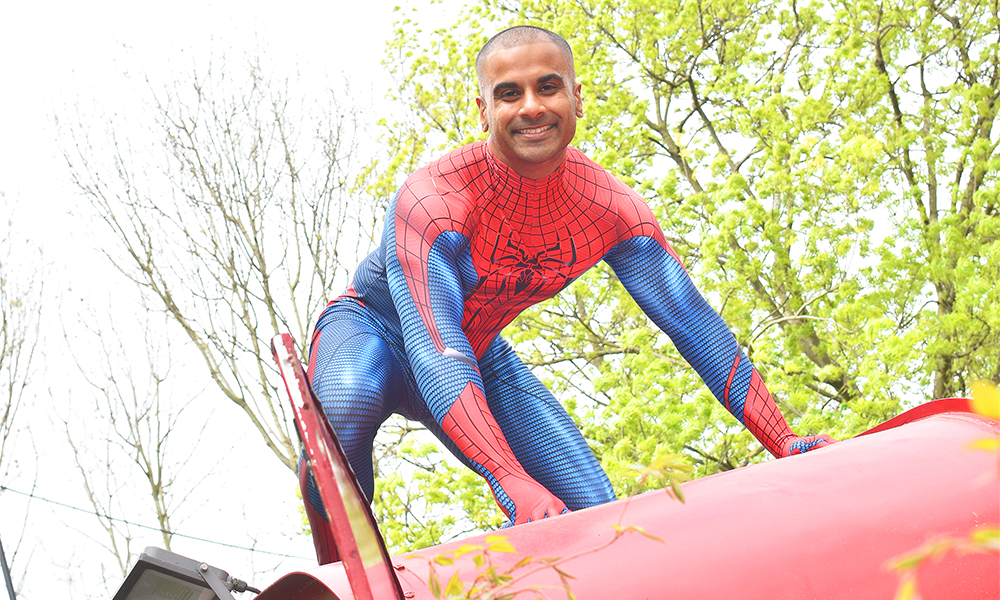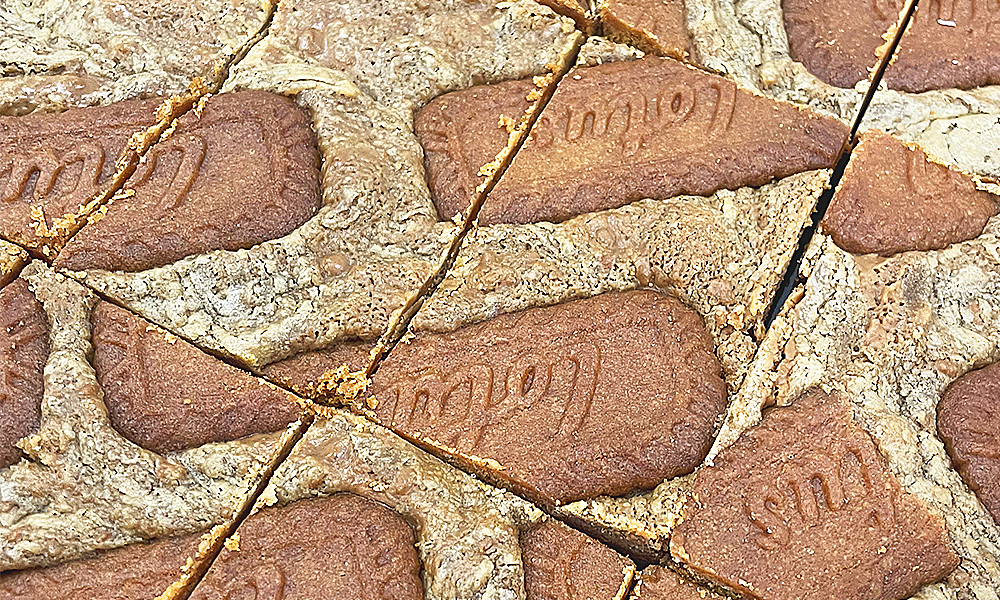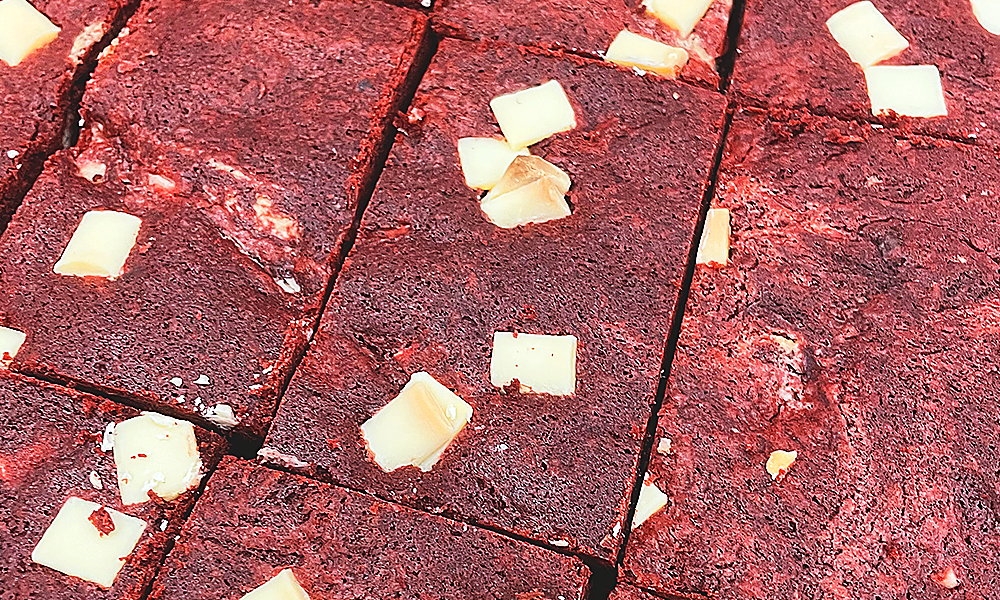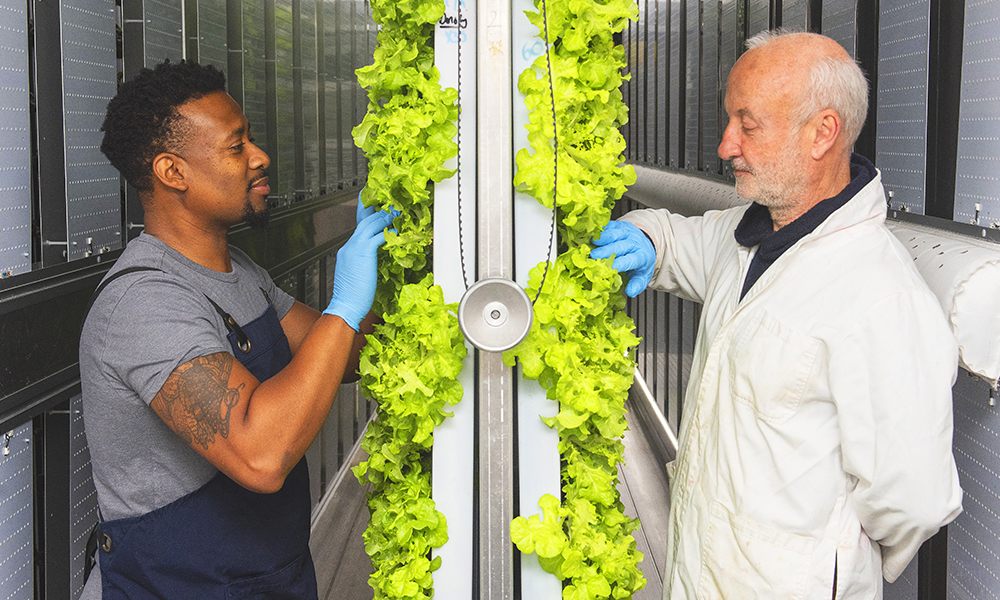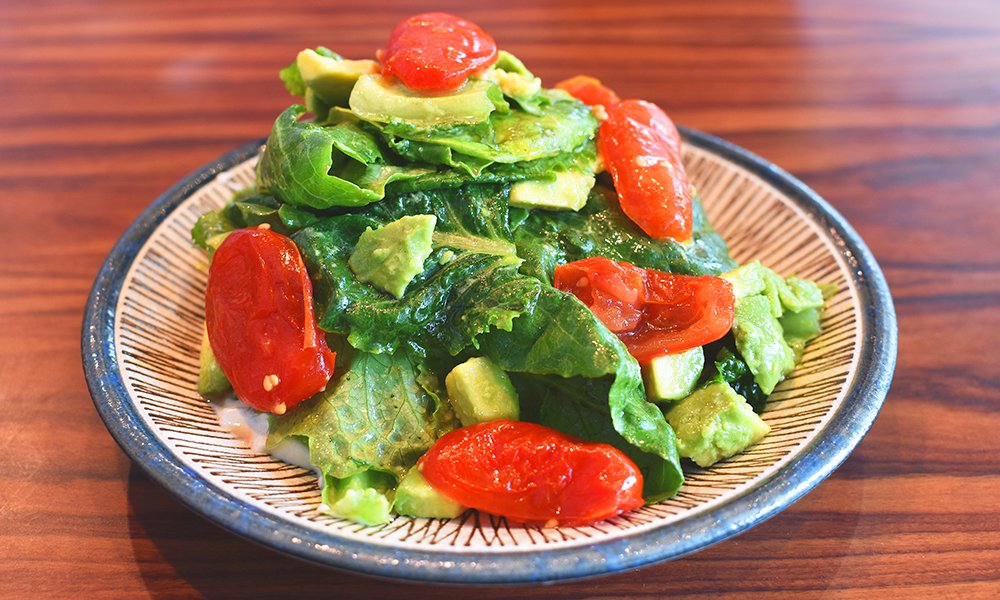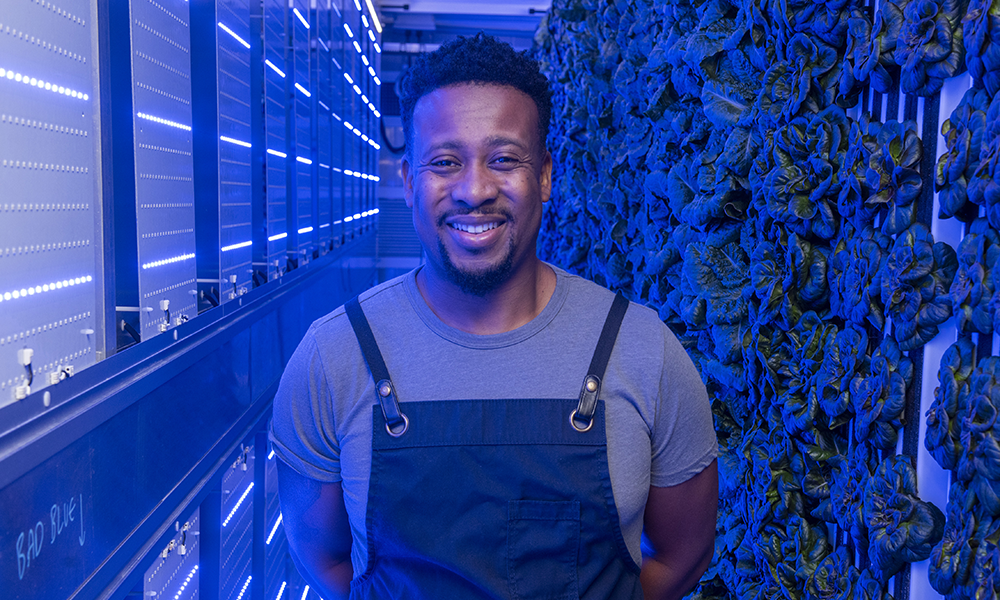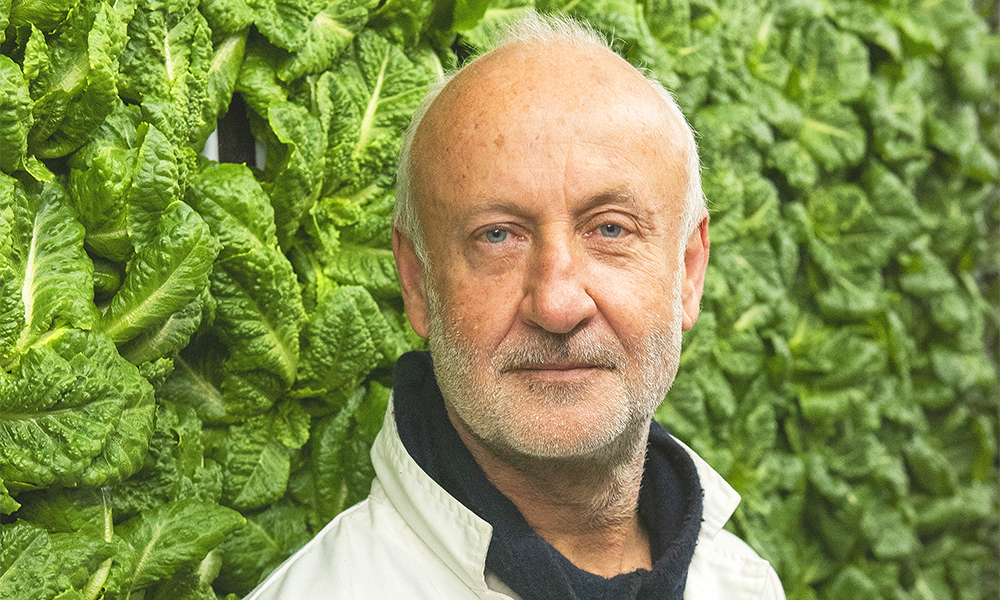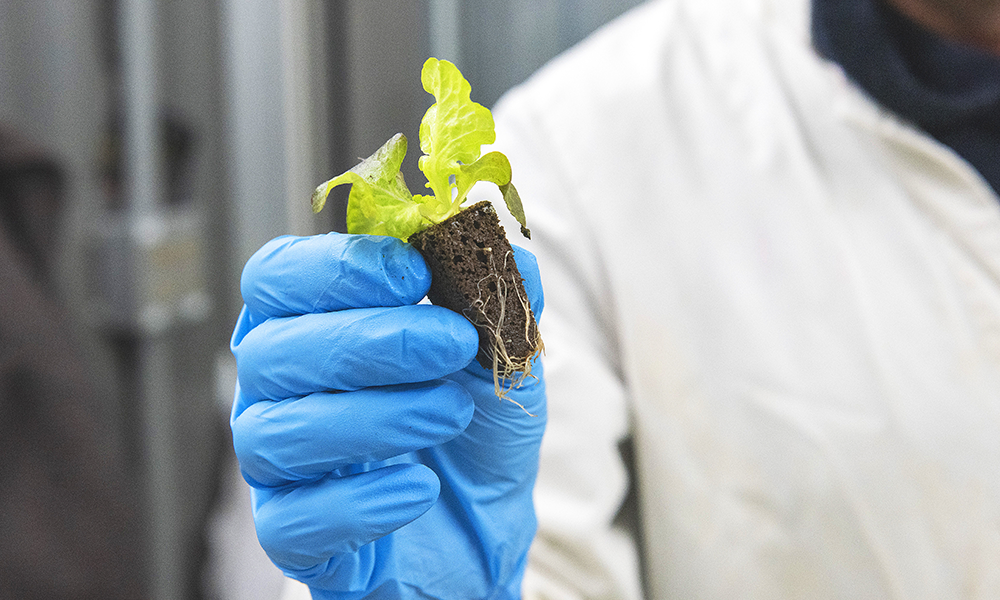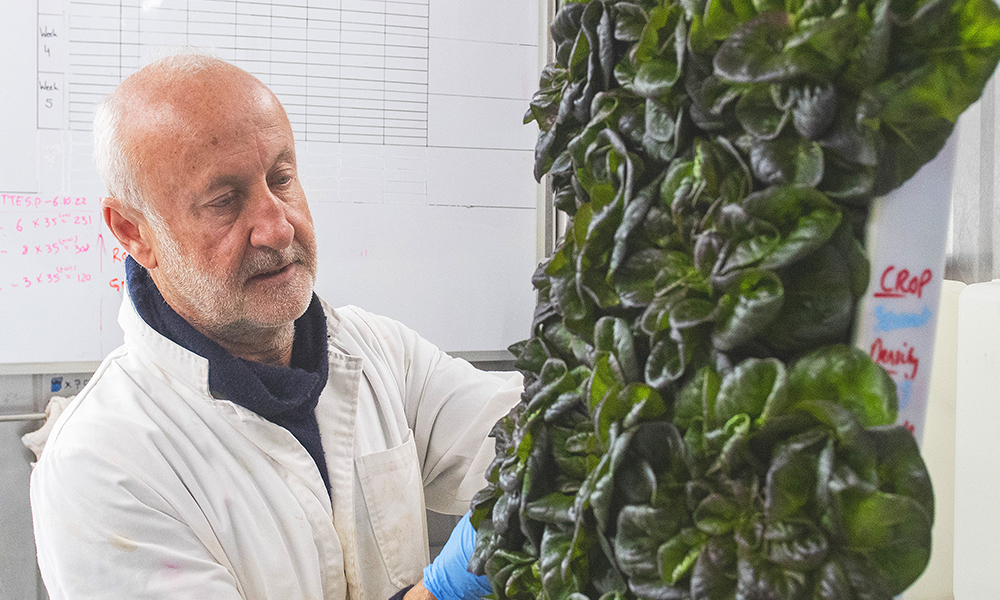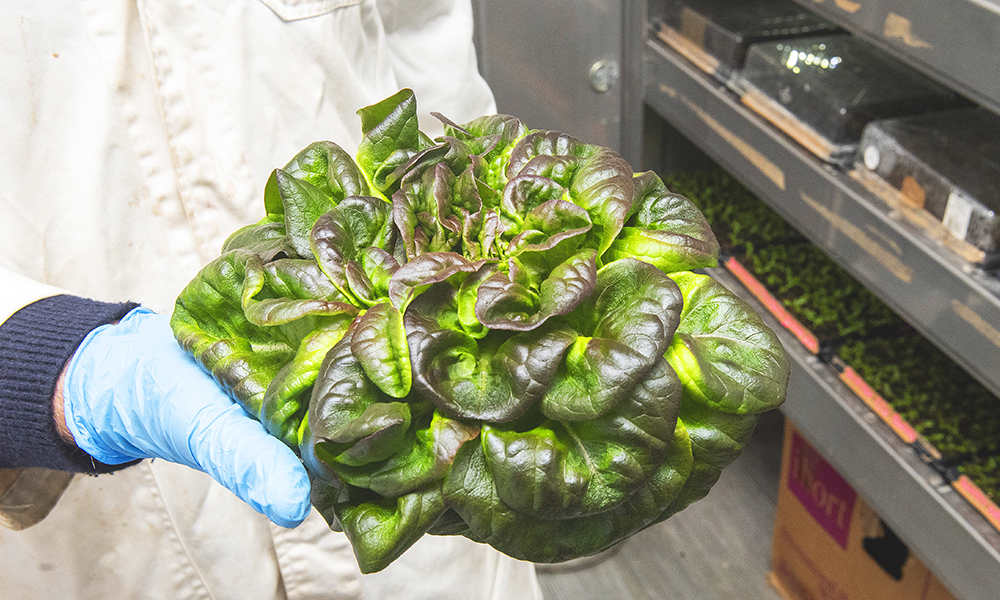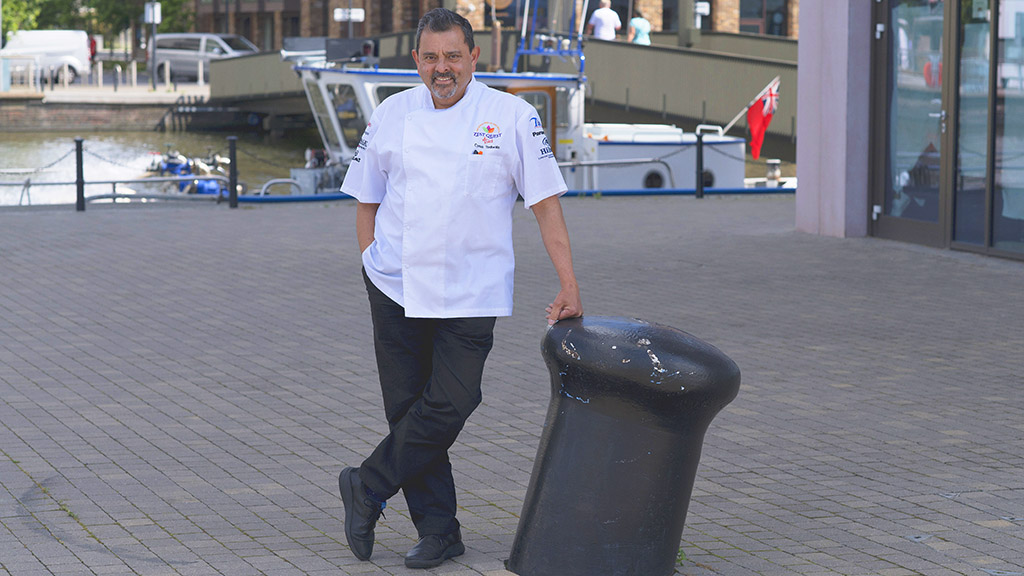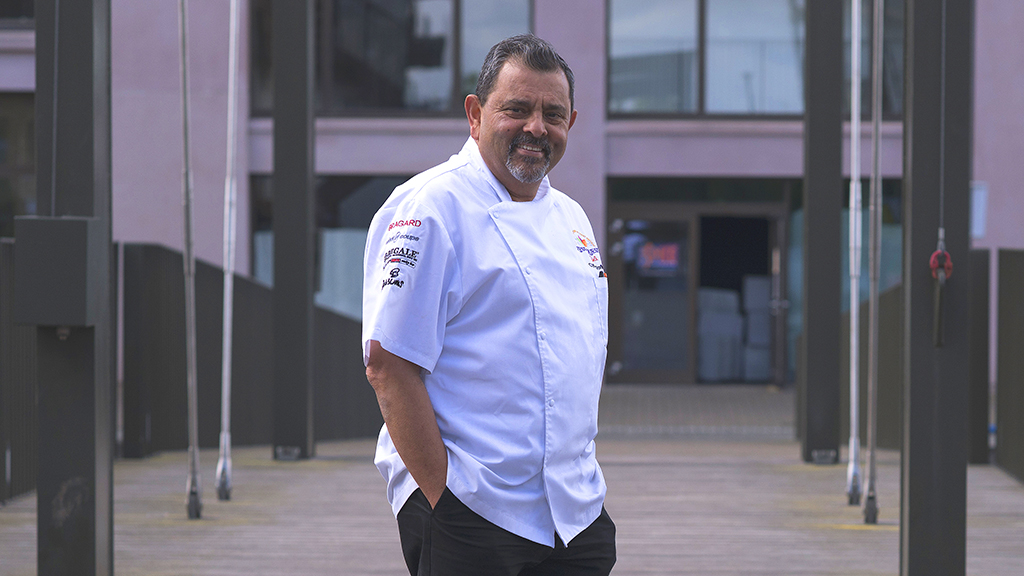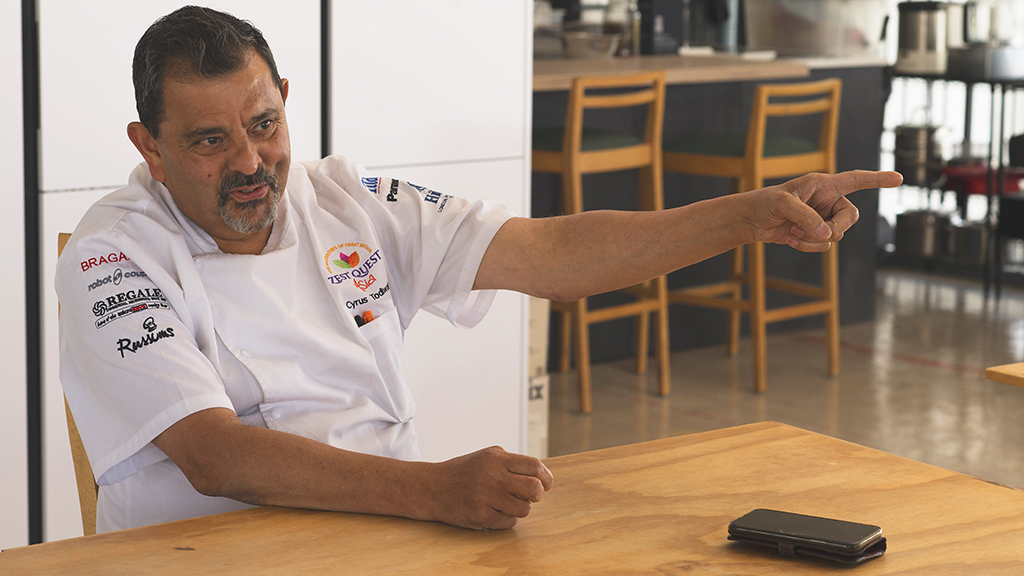Following the expiry of the current agreement, the charity looking after the land is in limbo and wants Tower Hamlets Council to grant it a 30-year term
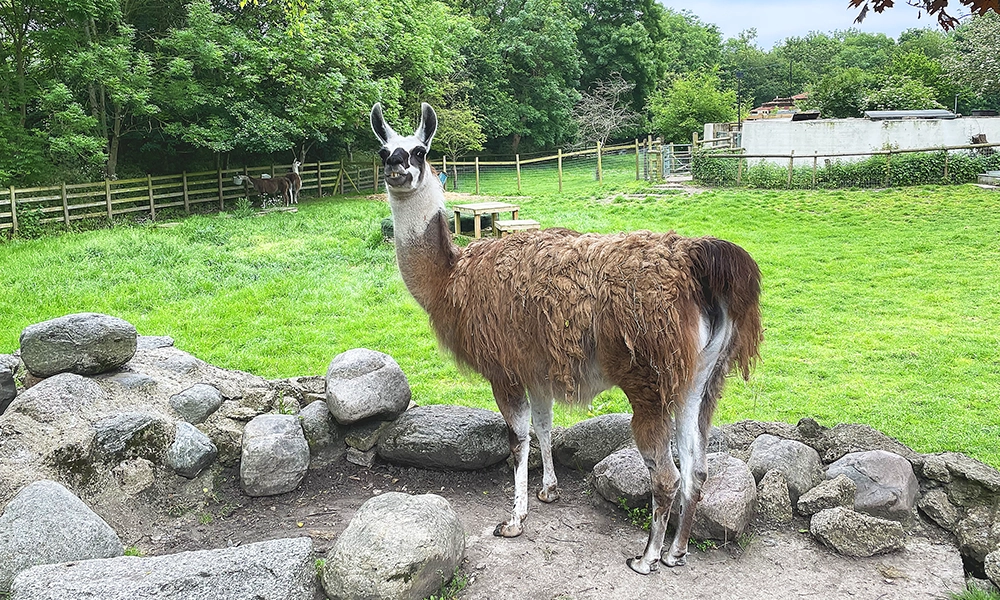
Subscribe to our free Wharf Whispers newsletter here
In the 1970s, the tract of land now occupied by Mudchute Park And Farm was earmarked for a high-rise housing development.
Under that deal it would have been handed off to the Greater London Council by the Port Of London Authority, which had realised Millwall Docks’ days were numbered.
Instead, local residents rose up and fought a successful campaign to ensure the 32 acres would become public open space.
There are very few living locally who would argue that the park, farm and allotments – which have served generations in the community five decades – are anything other than a source of enormous social benefit to those living and working locally.
It’s a site on which children can be face-to-face with real sheep, cows and pigs, where dog walkers can socialise their pets and where walkers can experience the pure joy of coming across a llama with a sceptical look on its face.
There’s also the farm’s work to support and nurture rare breeds and its efforts to preserve and enhance the natural environment.
It’s free, fun and accessible to all.
While there’s always room for improvement, it’s a site that rightly attracts plaudits as one of the borough’s gems.
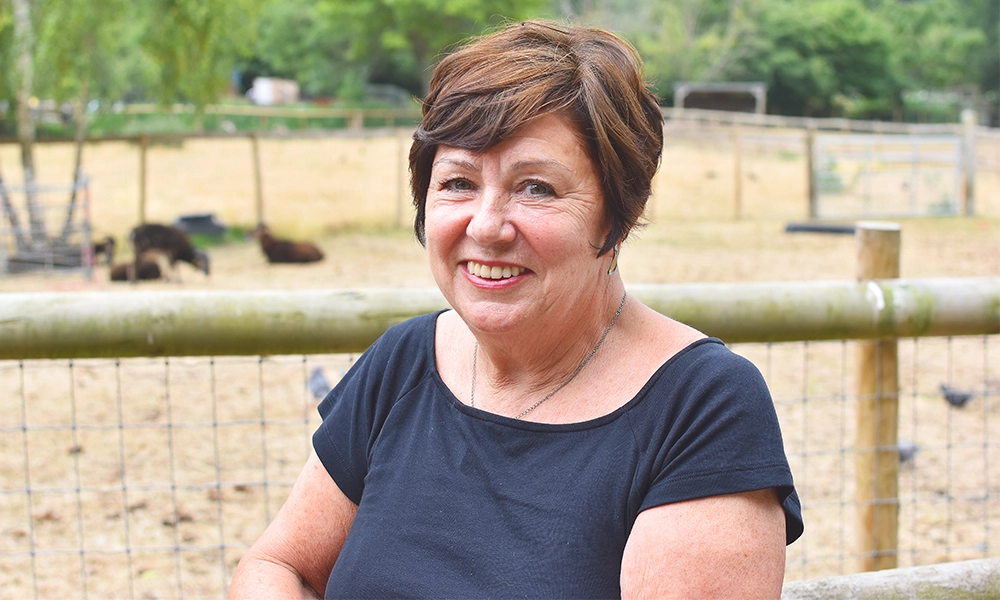
an expired lease
However, it’s also an operation that’s currently hobbled.
The charity that runs the farm and looks after the site it sits on – the Mudchute Association – has been in negotiation with Tower Hamlets Council (which owns the land) to renew its long-term lease on the site since 2019.
However, that process has not yet resulted in an agreement between the two parties and the existing 20-year lease ran out in June 2024.
The charity currently has the right to continue operating on the site while it works to reach an agreement thanks to the Landlord And Tenant Act 1954, but this leaves it in a tricky position.
While the day-to-day operation of Mudchute Park And Farm continues, plans to improve and develop its offering for the future are severely impacted by the delay.
“We can’t apply for grants and funding because we have no lease in place – that’s especially a problem for large capital projects,” said Sue Mortimer, chair of the board of trustees overseeing the Mudchute Association.
“As a charity, we are heavily reliant on fundraising and volunteers – the farm is totally free at the point of delivery, a community asset that benefits everyone who lives, works and visits the area.
“We welcome 250,000 people every year, including more than 10,000 school children, care for rare breeds, offer volunteer training programmes and provide access to beautiful green space.
“The income we receive – from letting space to Muddy Boots nursery, for example – goes on feeding and looking after the animals and running the farm.
“Since the lease expired, we live hand-to-mouth.”
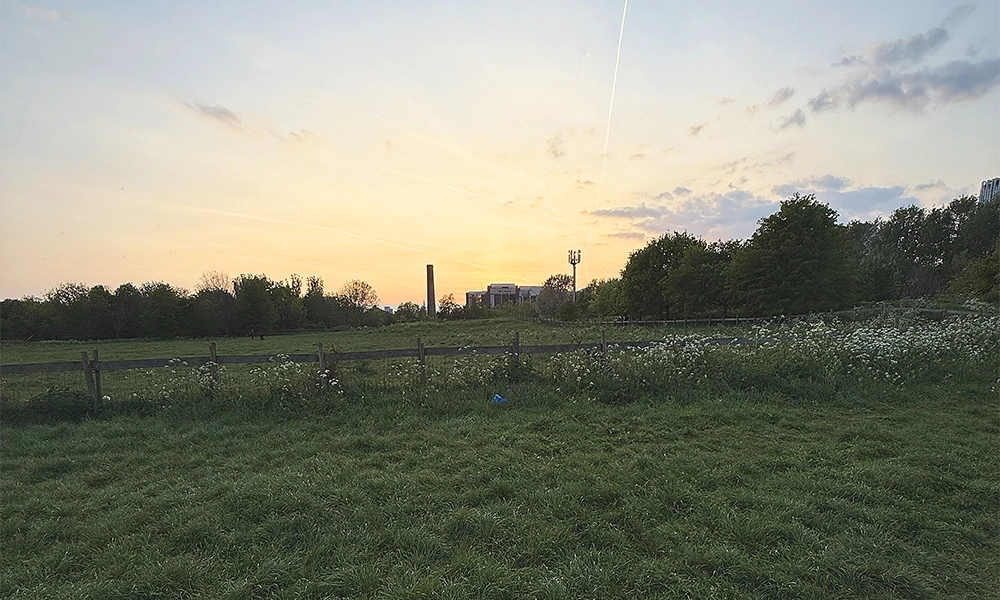
a lease of 30 years for Mudchute Park And Farm?
Sue said the farm would like to agree lease of at least 30 years with the council to enable the charity to apply for funding to further improve the farm and open up new revenue streams from developers locally.
“Mudchute is one of the few areas in Tower Hamlets where organisations engaged in construction can offset the loss of flora and fauna by investing in new habitats resulting in biodiversity net gain,” said Sue.
“But we have to have a lease in place in order to benefit from those arrangements.”
While Sue and Mudchute are at pains to stress there are currently no plans to close the farm or to alter how it operates, just continuing with the status quo will increasingly cause the charity problems and potentially force it to make hard choices.
That could mean charging for services and activities or even entry to the farm.
Negotiation between the council and the charity is seemingly at an impasse.
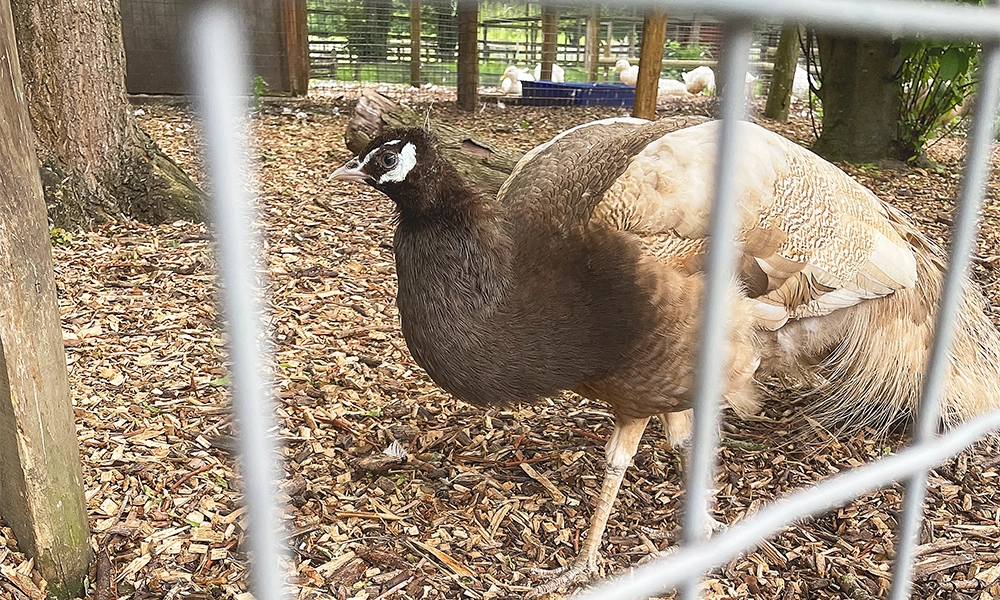
Tower Hamlets’ policy
The authority’s published policy on renting assets to voluntary and community sector organisations is that it will normally only grant a lease of up to five years to such groups.
However, there is provision in that policy to accommodate longer leases for organisations “where there is an opportunity to seek grant funding from organisations outside the council e.g. Big Lottery Fund” where those applications can only be made on longer leases, typically 25 years or more.
On the face of it, this may apply to the Mudchute Association and the council’s current position on the matter is unclear.
As the only 32-acre farm in the borough (one of the largest city farms in Europe, for that matter) it could well be considered a special case.
“I don’t really understand what the council’s position is, apart from the fact that they don’t like to give long leases to any organisations,” said Sue.
“That seems a bit short-sighted in my view, considering what we do here.
“There’s also been the suggestion that we pay rent for the first time in our history, beyond the peppercorn levy of our old lease.
“We are a charity and we don’t have a lot of excess money, but that’s something we may have to look at – the important thing is we have a fair offer from Tower Hamlets.
“We can’t agree to a rent that in five years time could go up exponentially and we can’t afford to pay.
“But we will look carefully at any offer we get.”
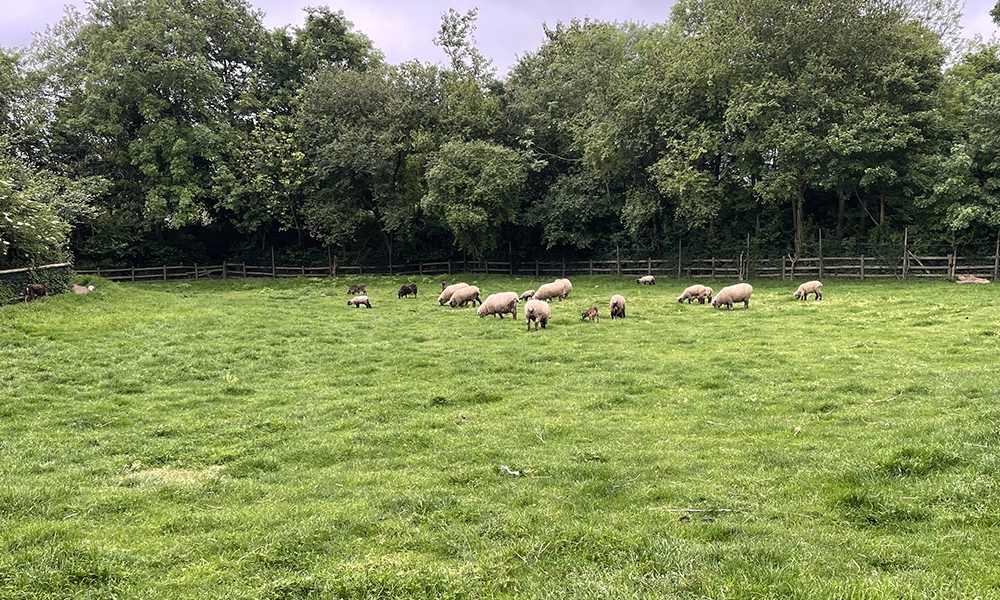
ongoing negotiations
Sue and the charity are hoping to resolve the matter with the council through negotiation, but given the past lease’s expiry and the slow pace of dialogue, they are also preparing to go to court over the matter if necessary.
They have launched a fundraising campaign to generate £75,000 with the intention of forcing a renewal – likely a 15-year term, at most.
The charity has also garnered extensive local support – expressed in a petition of more than 6,000 signatures – to raise the matter at a council meeting on July 16, 2025, to address both the lease extension and the principle of charging the charity rent for the first time.
Sue said: “We’d love to have this settled amicably without going to court. We’re all so passionate about the farm and, with a long lease, we could do so much more.”
Nobody from Tower Hamlets Council was available for interview for this piece, however the authority did send a statement.
A spokesperson said: “We remain committed to reaching a fair and sustainable lease agreement with the Mudchute Association that supports their work and benefits the community and we are engaging through the appropriate legal processes to ensure a fair outcome.
“As part of this ongoing dialogue, our chief executive and our corporate director of housing and regeneration will visit the farm to help move discussions forward.”
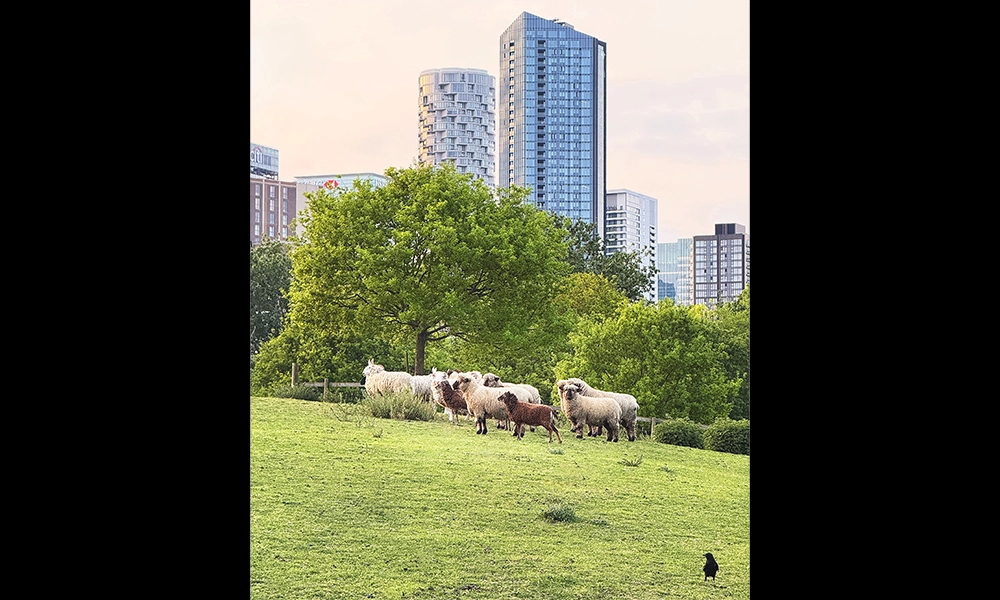
key details: Mudchute Park And Farm
You can find out more about Mudchute Park And Farm and its campaign for a new lease online.
The Tower Hamlets Council meeting on July 16, 2025, will take place at 7pm in the Council Chamber at the Town Hall in Whitechapel, for those wishing to attend.
Find out more about the farm’s campaign for a new lease here




